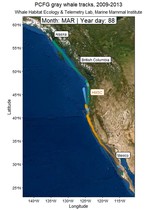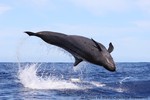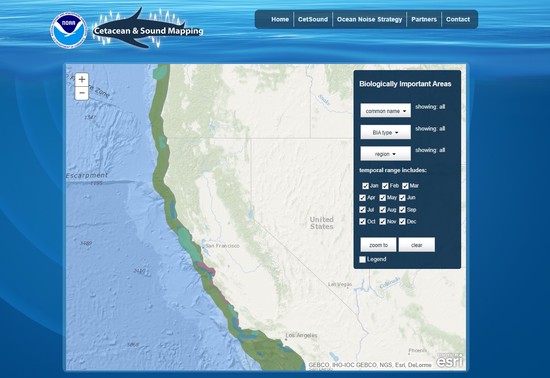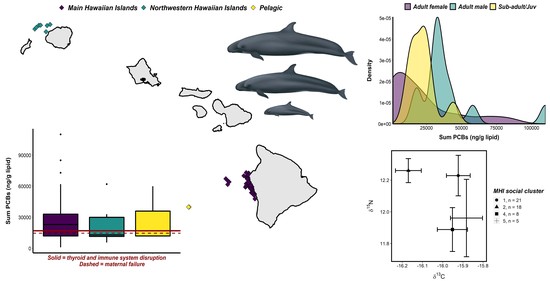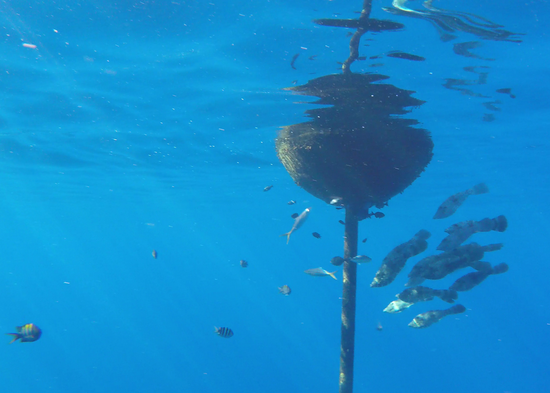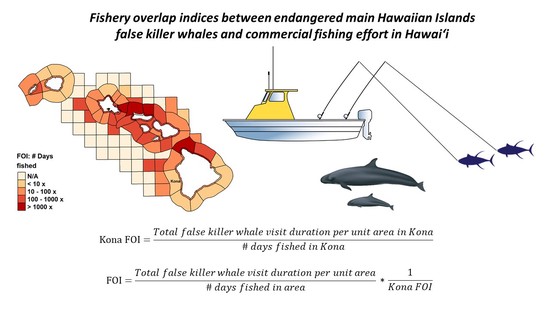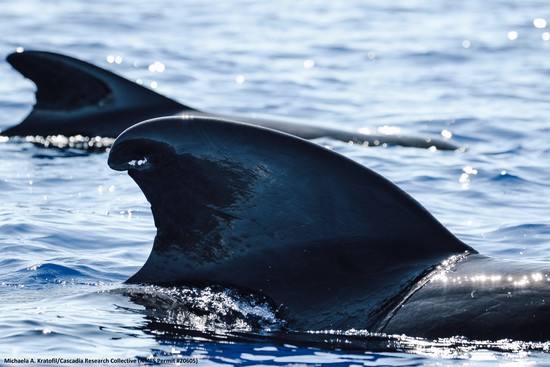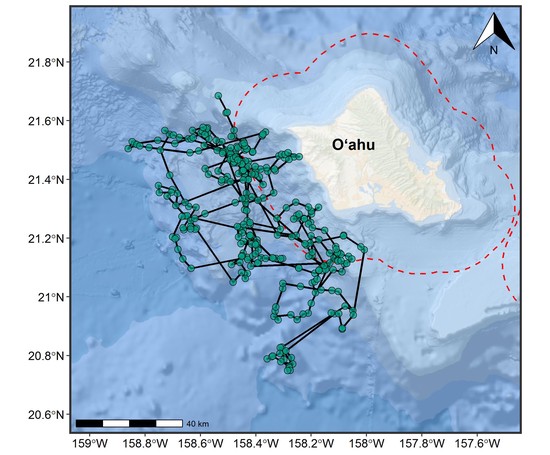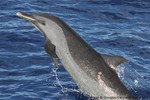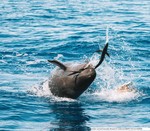Resources
For all aspiring ecologists, biologists, marine mammal enthusiasts…etc.
As a whale biologist born and raised in the Midwest, I can assure you that, although this field can be challenging to navigate,
it certainly is not impossible. Persistence is key. My strongest advice to most students is to focus on gaining transferable skills and qualities. Things like working with data, coding (it really isn’t so bad), quantitative skills, writing, and being able to work independently and as part of a team. Think about what is going to make you valuable to an employer or attractive to a potential adviser. Being a whale enthusiast means you’ll love your job, but not necessarily be good at your job. I would also recommend visiting Robin Baird’s page on “Advice for people interested in a career studying marine mammals”.
The way you go about obtaining transferable skills doesn’t necessarily need to be directly associated with your strongest interests either. For example: although the models I learned in my population analysis and management course were applied to terrestrial and fish populations, I was able to directly transfer my knowledge and experience with those analyses to my personal interest in marine mammals. The models are the same; the ecology/biology is what is different.
If you don’t have much work or research experience in the ecology realm, seek out opportunities (they won’t always come to you!) Look into different research labs at your school or others and see if there’s some projects that interest you. Be curious, and don’t be shy. Contact the PI of that lab and see if there’s an opportunity to volunteer or learn more about their research (these can often lead to employment or even independent research projects). Explore the literature (Google Scholar, Web of Science, etc.) relating to your personal interests and see who authors papers, where they’re from, what they do, etc. Be reliable, self-motivated, and curious, and make good connections with those you work for so they can write good reference letters for you in the future.
Other than volunteering, a great way to gain experience is through technician jobs that many students take during summer months between
school years. These are an excellent way to grow into yourself, both professionally and personally; they are opportunities to meet new
people and learn new things. Stepping out of your comfort zone can do great things for you. Not to mention the really cool jobs! There
are several places (job boards, list-servs) to look for these kinds of positions, but here are a few notable ones:
I also recently went through the process of applying for graduate school and meeting with potential PI’s to work with, so I’ve started compiling some resources that may be helpful for anyone going through this process:
- Grad School/Open House Advice for Prospective Students, WMIS SIO
- Email template for prospective grad students, Branch Lab UW
- How to contact a potential PhD supervisor, Prof. Corey Bradshaw
- Some resources on succeeding at grad school, Prof. Nick Dulvy
- The Do’s and Don’ts of Contacting Professors about research
- Basics on applying for grad school in natural resources, Larkin Powell
- Getting What You Came For: The Smart Student’s Guide to Earning a Master’s or PhD, Robert Peters
- Insider’s veiw on applying for and succeeding in graduate school - Advice from a professor, Dr. Scott Bonar
- So, you want to go to grad school? Nail the inquiry email, Jacquelyn Gill
- Free/low cost resources for graduate students, postdocs, and early career researchers (or really anyone else), Jaclyn Siegel
As for learning how to code in R (which you can and should do), there are tons of free resources online. That’s one of the many
benefits of open source programs - try it out yourself before paying for any courses. Keep in mind that just like learning any other
language, it takes consistent practice. It will be frustrating, and you’ll need to get good at Googling (you’ll almost always find
the answer to your coding struggles on Google).
First download and install R and RStudio.
And here is a working list of various free R resources:
Intro to R, data science
Statistics focused
Spatial data
Miscellaneous
And here are links to some books that I (as well as many others) have found to be very helpful!
